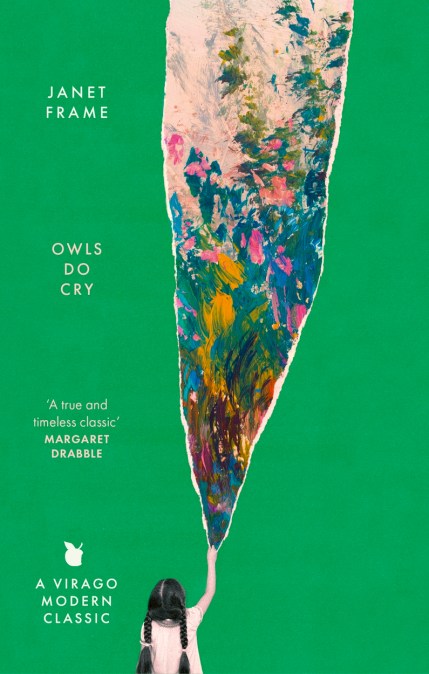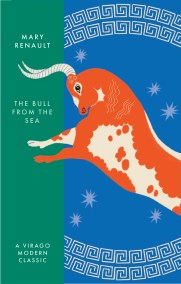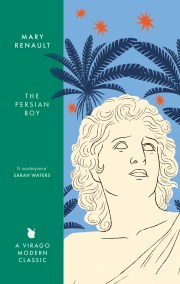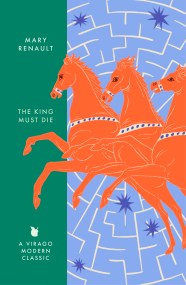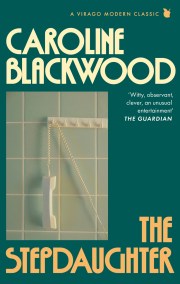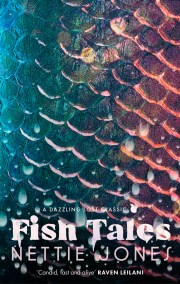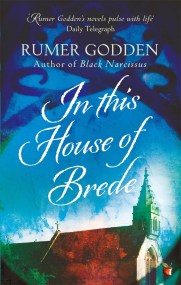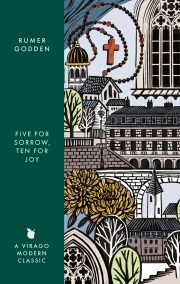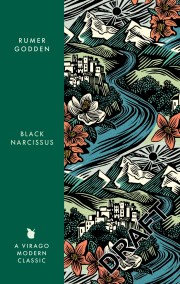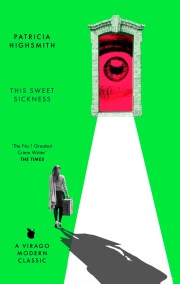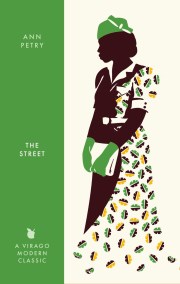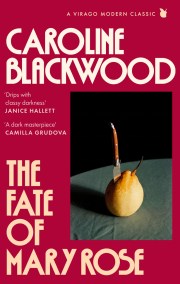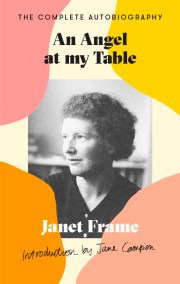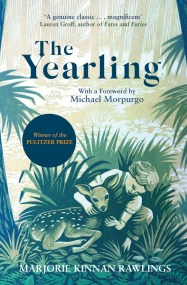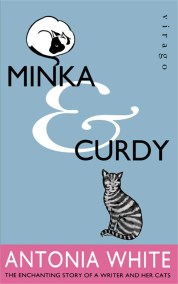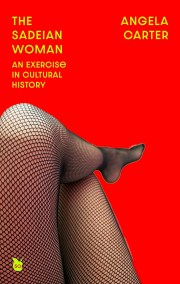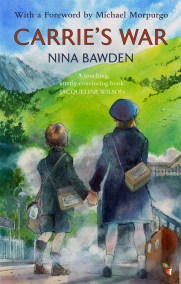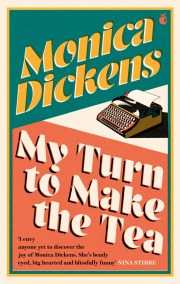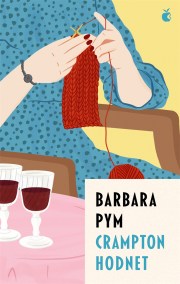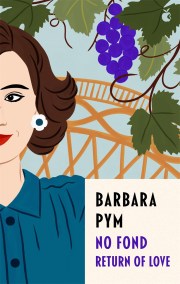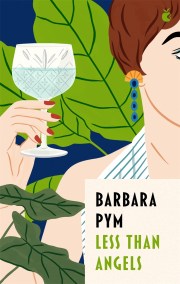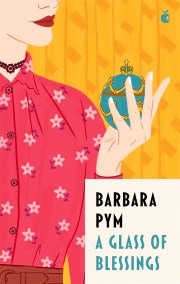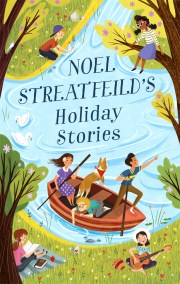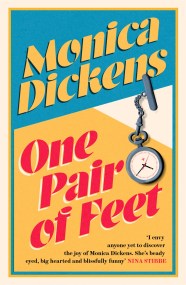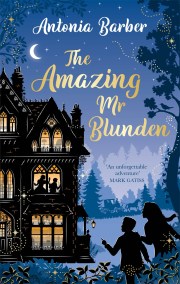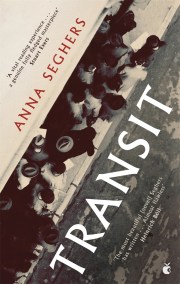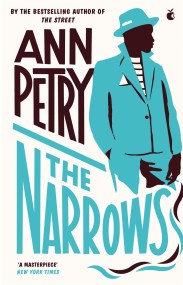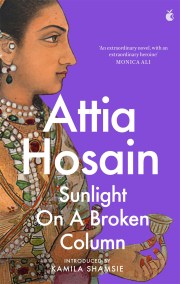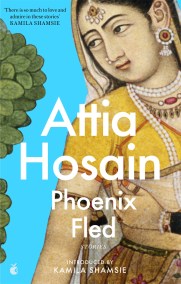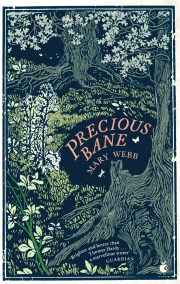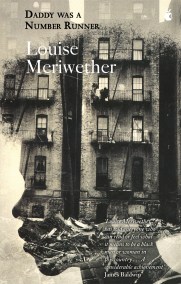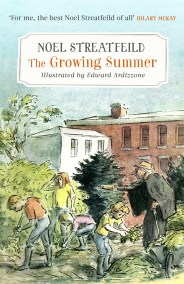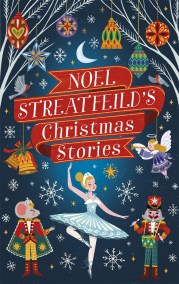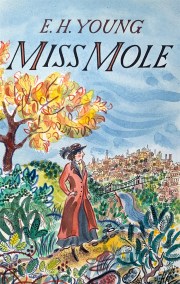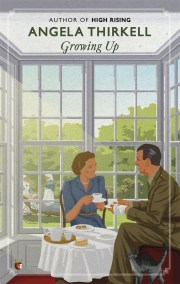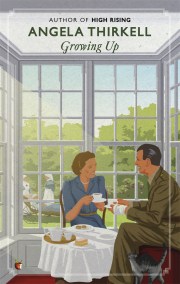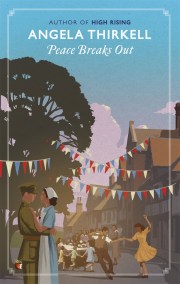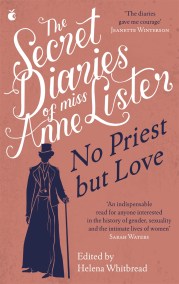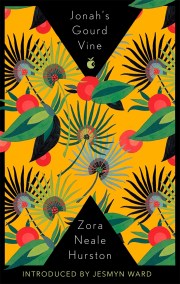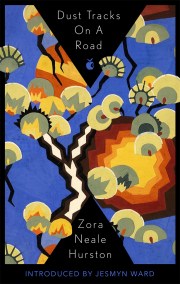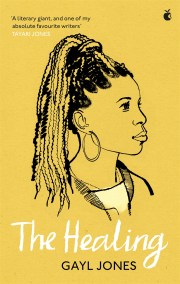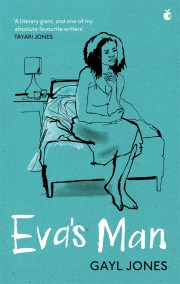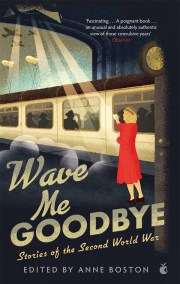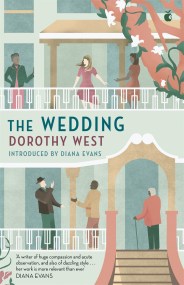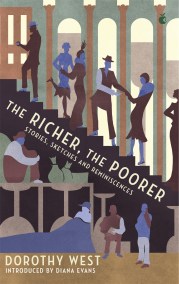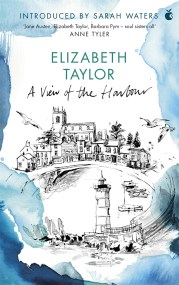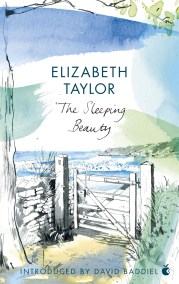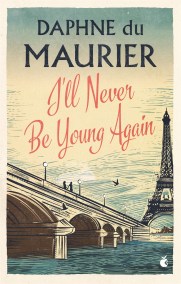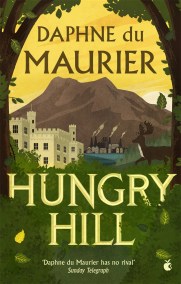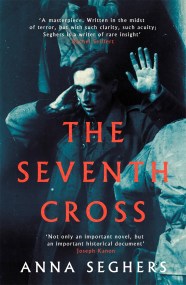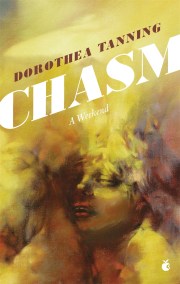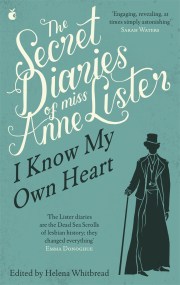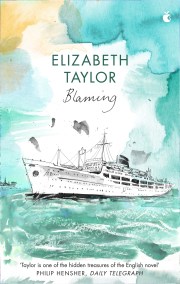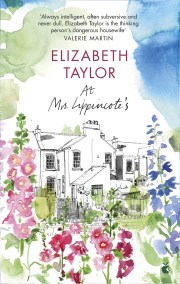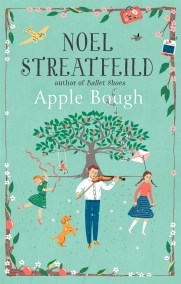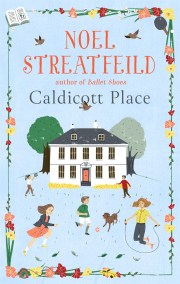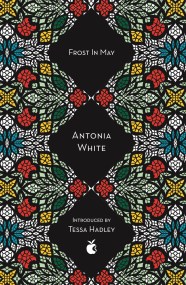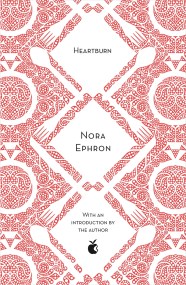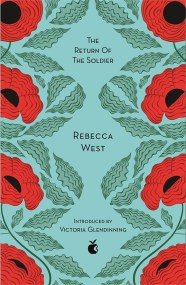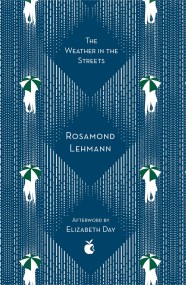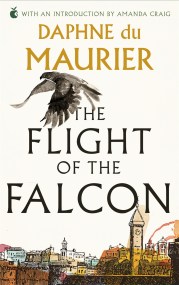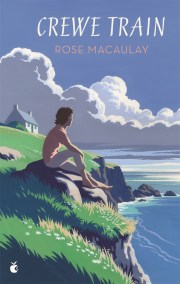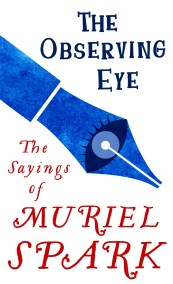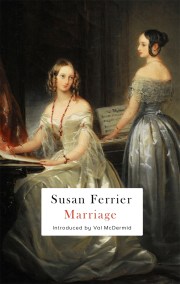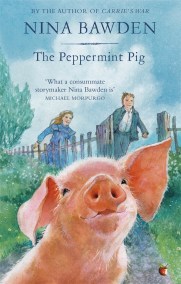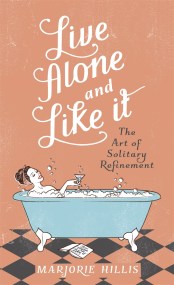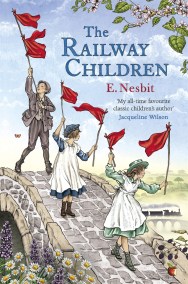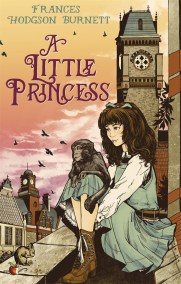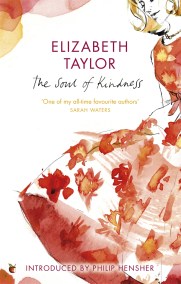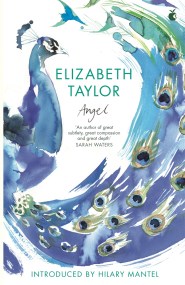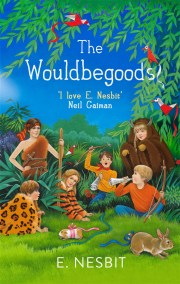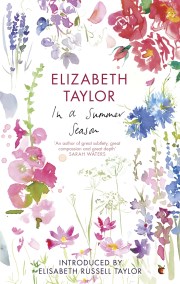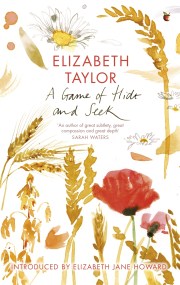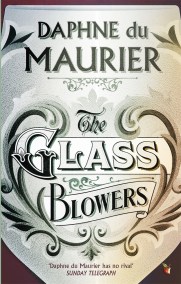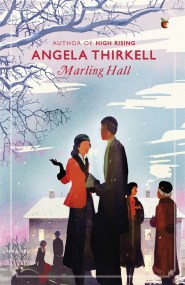‘Janet Frame was a unique and troubled soul whose luminous words are the more precious’ HILARY MANTEL
‘Her dark, eloquent song captured my heart’ JANE CAMPION
‘All my preoccupations as a writer – my notions of home, beauty, madness of sorts and longing – come from her’ MEG MASON
There is nothing in the world the matter with me, except that I have been bathed in a trough and dipped under a waterfall and the pine-needles picked from my scars. . .
This is the story of the Withers family: Francie, soon to leave school to start work at the woollen mills; Toby, whose days are marred by the velvet cloak of epilepsy; Chicks, the baby of the family; and Daphne, whose rich poetic way of seeing the world leads to a heartbreaking life in institutions.
A dazzling, fierce cry of darkness and joy, Janet Frame’s debut novel is a poetic masterpiece and a timeless classic of New Zealand literature.
INTRODUCED BY MARGARET DRABBLE
‘The first great New Zealand novel and a modernist masterpiece . . . the book’s immense power to unnerve, astonish and impress endures’ Guardian
‘Her dark, eloquent song captured my heart’ JANE CAMPION
‘All my preoccupations as a writer – my notions of home, beauty, madness of sorts and longing – come from her’ MEG MASON
There is nothing in the world the matter with me, except that I have been bathed in a trough and dipped under a waterfall and the pine-needles picked from my scars. . .
This is the story of the Withers family: Francie, soon to leave school to start work at the woollen mills; Toby, whose days are marred by the velvet cloak of epilepsy; Chicks, the baby of the family; and Daphne, whose rich poetic way of seeing the world leads to a heartbreaking life in institutions.
A dazzling, fierce cry of darkness and joy, Janet Frame’s debut novel is a poetic masterpiece and a timeless classic of New Zealand literature.
INTRODUCED BY MARGARET DRABBLE
‘The first great New Zealand novel and a modernist masterpiece . . . the book’s immense power to unnerve, astonish and impress endures’ Guardian
Newsletter Signup
By clicking ‘Sign Up,’ I acknowledge that I have read and agree to Hachette Book Group’s Privacy Policy and Terms of Use
Reviews
Janet Frame's first novel, Owls Do Cry, created a sensation in New Zealand when it was published in 1957 . . . Her dark, eloquent song captured my heart . . . Frame gave Daphne this inner world of gorgeously imagined riches, but also affirmed it in me, and in countless other sensitive teenage girls: we had been given a voice - poetic, powerful and fated.
Frame's tormented personal story was reflected in much of her fiction, which centered on the inadequacy of language to convey emotions
Owls Do Cry is a devastating reflection on the character of conventional society and the dangers that await those who reject its narrowness - and as such, is profoundly chilling. It is also a vivid social document, capturing the language and texture of the postwar period
Janet Frame was a unique and troubled soul whose luminous words are the more precious because they were snatched from the jaws of the disaster of her early life
This is the era that saw the emergence of novelists including Doris Lessing, Muriel Spark and Iris Murdoch, and Frame's place alongside them would be assured if she never published anything but this one novel
Owls Do Cry remains innovative and relevant; Frame's idiosyncratic and startlingly visual style means that the book's immense power to unnerve, astonish and impress endures

